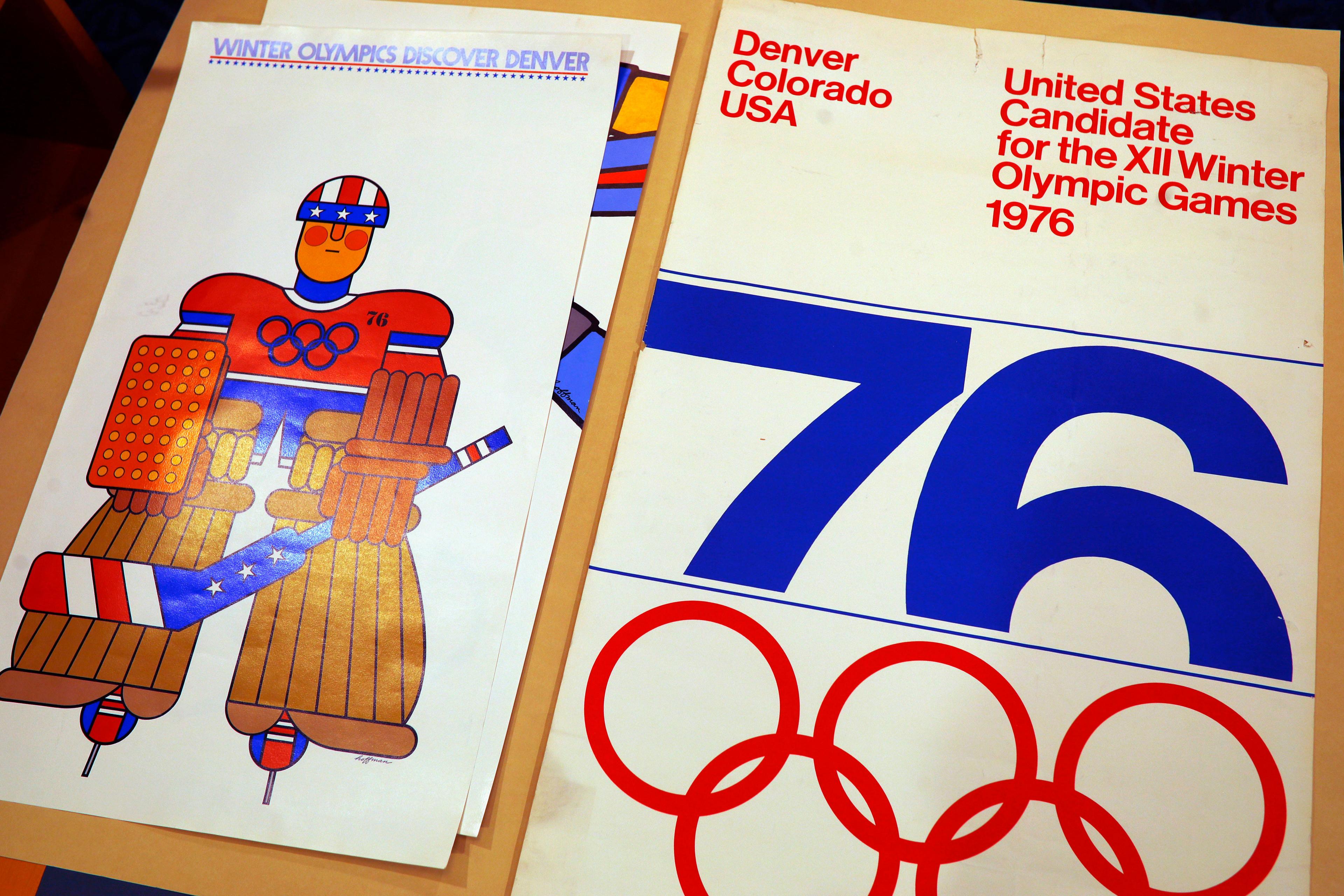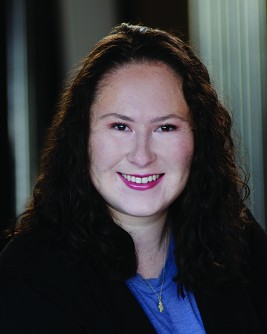

The passage of Initiative 302 in Denver means officials who want to bring a future Olympic Games to the city will have to work a lot harder to convince voters.
Denver voters appear to have passed the “Let Denver Vote” Initiative that will let voters decide via a citywide vote if city officials can spend money — or staff time — to lure an Olympic Games to Colorado. Almost 80 percent of ballots cast in Tuesday’s runoff election were in favor of Initiative 302.
“To have that resounding victory for the people of Denver is incredibly gratifying for everyone,” said initiative spokesperson Owen Perkins. “That kind of use of taxpayer dollars and resources and that allocation of priorities has not been in sync with the voters of the city and this gave them a chance to send a message.”
Supporters of the initiative were frustrated by claims an Olympics would be good for Colorado despite the large cost, according to Perkins.
“When you start a bidding process, you’re talking about 50 to 150 million dollars and getting into the billions if you actually are hosting,” Perkins said. “You’re talking about a huge chunk of our budget. The kind of chunk that can make an incredible difference in some of the issues that we are urgently wrestling with on a day-to-day basis in Denver. We want to have a say in that.”
The most recent Olympic bid plan would not require direct funding from taxpayers, according to Rob Cohen, chairman of the Denver and Colorado Olympic and Paralympic Exploratory Committee.
The initiative sets a higher bar for potential Olympic plans, Perkins said.
“If that higher bar means nobody can come up with a convincing plan and we don't ever have the Olympics proposed, that's a better plan probably than shallow promises that don't have the empirical evidence to back up that this is something good for the city, good for the state, good for the environment and good for the economy,” he said.
Out of a list of seven possible host cities for the 2026 games, only two are left. The Canadian city of Calgary dropped out in November after more than 56 percent of citizens voted against the project.
A supportive vote from Denver voters at the time could signal to the U.S. Olympic Committee that Colorado won’t drop out and could strengthen any future Olympic bid, Perkins said.
“It’s not surprising that Initiative 302 passed since the Olympic and Paralympic Winter Games
Exploratory Committee recommended in its final report that hosting a future Games should have a vote of the people,” Cohen said in a statement. “The only difference being that the committee recommended a statewide vote of all Coloradans since the event would be a statewide effort.”
Cohen said independent polling shows that more than 60 percent of Colorado voters support hosting the games, but according to Perkins, the vast majority of Coloradans want the opposite.
“The question on whether or not we want the Olympics was not on the ballot, but we heard that answer in our anecdotal conversations with voters that there is much more of a feeling of concern about bringing the Olympics to Denver than there is a feeling of enthusiasm,” Perkins said.








